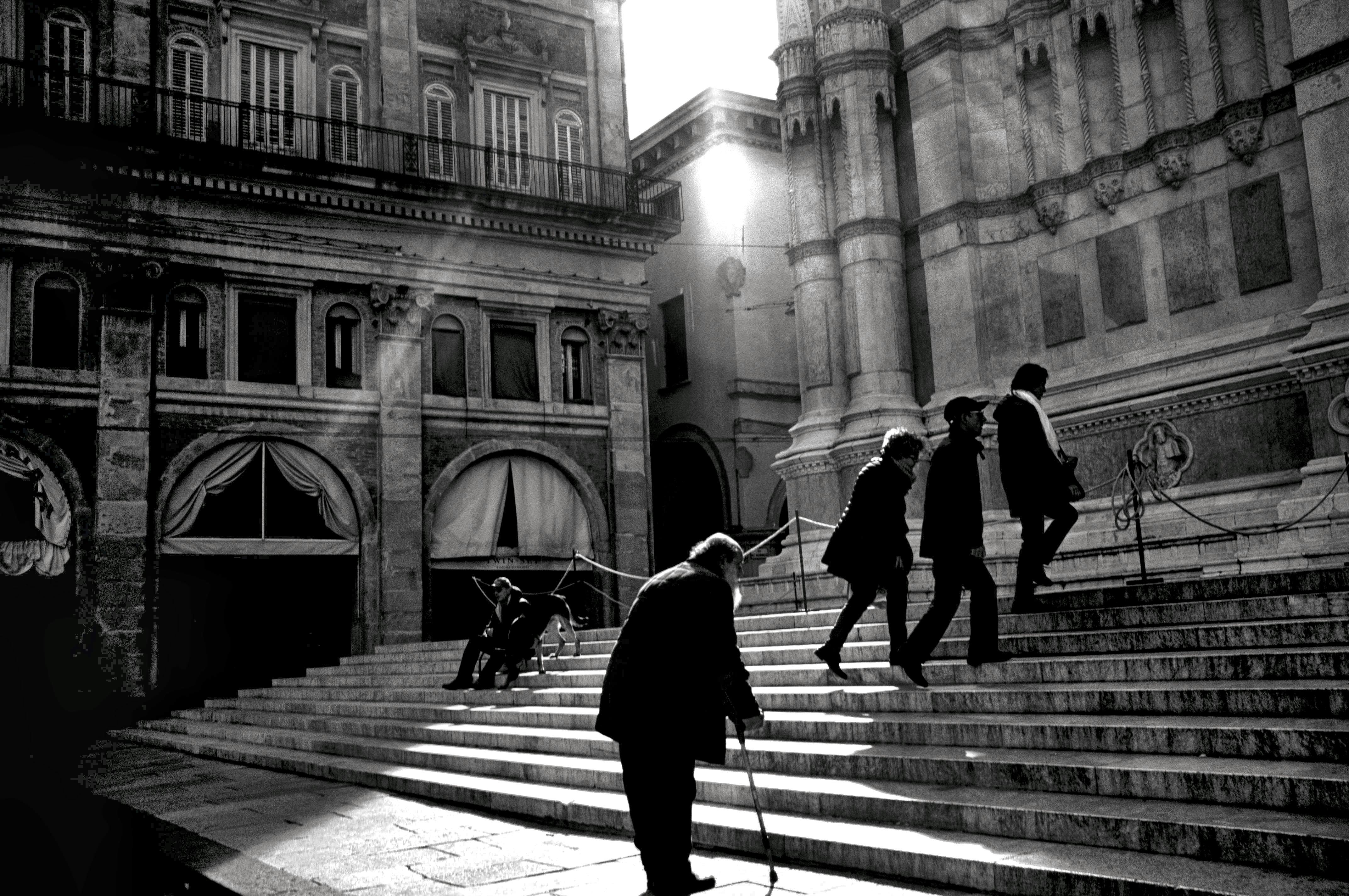When someone lives in places unfamiliar to him or her, a lot of observation, learning, and adaptation will have to take place. Adapting to the new environment, customs, traditions and others are important factors to live a life different from the one you knew. If a person lived in the countries of the Middle East or the Gulf State for more than a decade, there will be many things and events that could have happened. Things that were incredible, events that were scary, and most of all, a peaceful life.
These three things come to mind for someone who had lived in the “Middle Eastern or Gulf States.” It is a place made up of different countries / Gulf States with incredible geographical views and different views to other places. For their dress code, most men usually wear white pants or serwal, ghutra (ghutra is usually marked in red and white or plain white that is worn to cover the head) and uggal, which is the black ring that is worn to hold the ghutra or head covering. They wear the “Dishdasha”, usually white, gray or black, with a straight cut pattern. It is worn over your shirt or serwal. Serwal is like a boxer shorts. Women wear the normal dress for women and then wear the “Abaya”. It is a loose black dress with embroidery or decorative patterns around the neckline, as well as on the side and bottom of the dress. It is worn over their dress and a veil to cover their faces.
For food, most of them eat food namely shawarma, mashboos, biryani, harris, fish and rice. When it comes to greetings, Arabs have different ways of speaking Arabic. Their Arabic languages differ from one Arab country to another. Arab countries like Egypt, Morocco, Libya, Algeria, Tunisia, Lebanon, Palestine, Sudan, Iraq, Gulf States like; Saudi Arabia, Kuwait, Qatar, United Arab Emirates, Bahrain, and Oman) speak different Arabic languages, but there are Arab countries that can understand each other with the common Arabic language that most Arabs speak. For example: Most Arab countries use a greeting like: “Salam alaykum” and the answer is “Alaykum salam”. But when you say how are you? the common arabic phrase is “Kephalak” (address to a man, “Kephik” (address to a woman), the answer will vary accordingly. In Qatar it is “Zein” or “Mamnoon”, in Egypt it is “Tammam” or “Kuwaisa “for women,” Kuwais “for men. In Iraq, How are you in Arabic will be” Slonik ente (address to a woman), “Slonek enta” address to a man. Scribble or write your words in Arabic starting from the right to They count numbers like: one-wahad, two-etnein, three-talata, four-arba, five-kamsa, six-sita, seven-sabah, eight-tamanya, nine-tisaa and ten-ashara, etc.
Sands, sand dunes, deserts, camels, donkeys, Mediterranean sea, Nile river, etc. it is related as parts of the terrain of the Middle East. The pyramid of Egypt was also amazing. You can see the size of the stone blocks that were huge and imagine how they were placed one on top of the other to build a pyramid. Riding a camel is very exciting and at the same time terrifying. When it comes to religion, Islam is predominantly practiced throughout the Arab world. You can hear the “Call to Prayer” from sunrise to sunset on a mosque loudspeaker beginning with a phrase “Allah Akbar …….” (God is great).
When people hear the Call to Prayer, they will start to see Muslims leaving their work or leaving their homes and heading to the Mosque to meet and pray. The prayer lasts 5 to 10 minutes. When they pray, they have to face the Quiblah (a direction towards Mecca in Jeddah). In the hotel you will find rooms designated for prayer only, whether for guests or employees. During the Ramadan period, Muslims fast and abstain from food and water from sunrise to sunset for 30 days. It is very important that non-Muslim expats respect the people who were fasting by not showing themselves eating or drinking and even smoking in sight. Muslims call their “Bible” the Holy Quran. It is highly respected and handled with great care.
Arab countries and Gulf states have multinational expatriates. Most of them are contract workers from the category of oil drilling contractors, builders contractors, laborers, hotel managers and workers, doctors, nurses, accountants, technicians, teachers and many others. Outsourced workers generally come from India, Sri Lanka, the Philippines, Pakistan, Bangladesh, Nepal, Africa, Egypt, Europe, England, Russia, the United States and others are a minority. Most of the Arabs I met were polite, reserved, and polite. Most of the children from the Gulf countries were sent abroad to receive higher education like Europe, America and others. It is important that when you live in the Middle East or the Gulf States, customs, traditions and religion are observed and respected.
